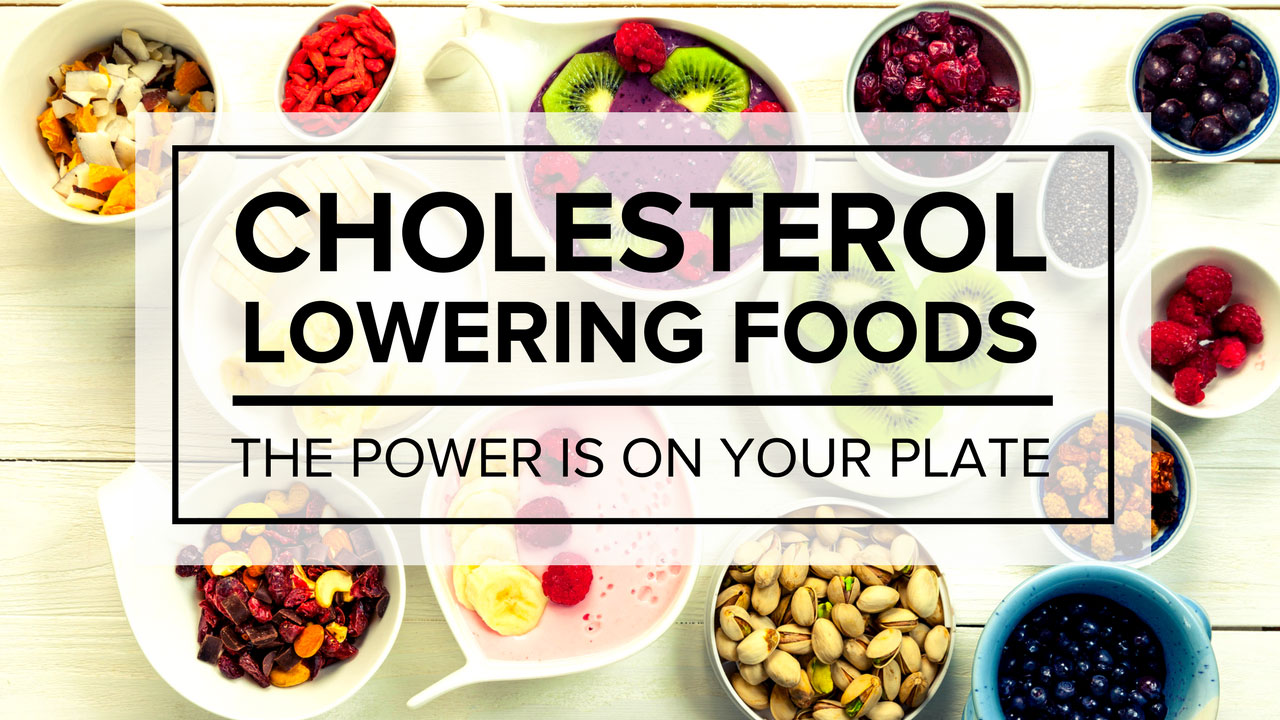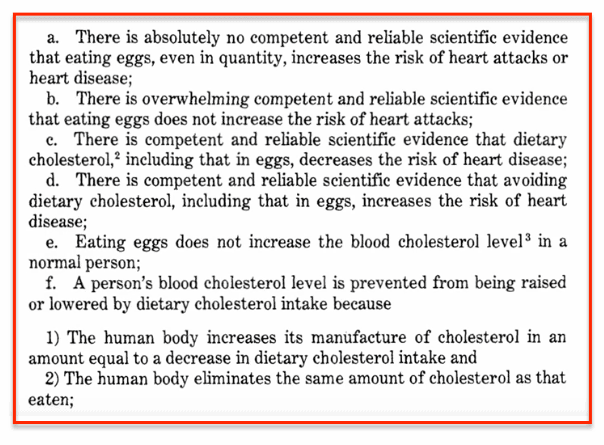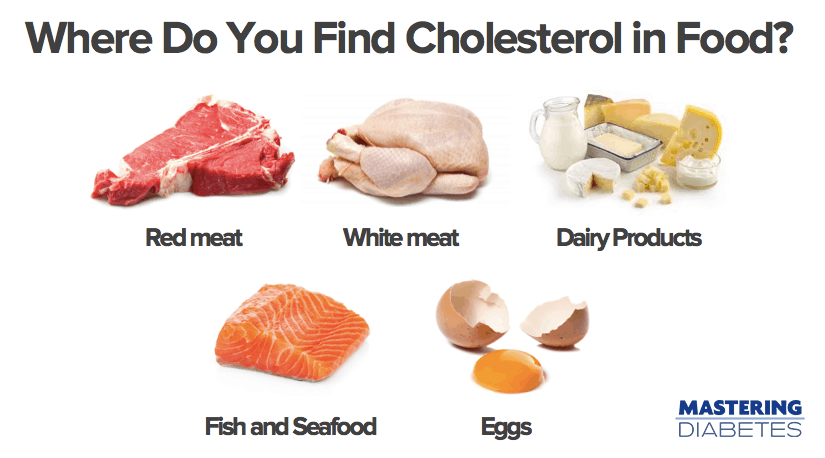
In today’s world, 1 out of every 3 Americans die from heart disease. More than 90 million people are currently living with cardiovascular disease in the United States alone (1,2).
Take a look around. Count how many people you can see. Now divide that number by 3. That’s how many people have some form of heart disease, including atherosclerosis, high cholesterol, and coronary artery disease.
Cardiovascular disease kills someone every 40 seconds. If it takes you 8 minutes to read this article, 12 people will have died by the time you finish.
Sorry to be morbid, but we are being real. These statistics are scary, but they’re true.
Your Genes Are Not to Blame
Before we talk about cholesterol lowering foods, let’s start by talking about what foods cause high cholesterol and increase your risk for cardiovascular disease.
As physician and cardiovascular disease researcher Dr. Caldwell B. Esselstyn, Jr. says, “Our genetics load the gun, but lifestyle pulls the trigger.”
A loaded gun doesn’t kill anyone if you never pull the trigger. Similarly, genes are not expressed unless there is a clear signal to do so. A genetic predisposition towards heart disease is harmless unless you “pull the trigger” with a diet high in saturated fat and low in cholesterol lowering foods (3–5).
The food on your plate determines your heart disease risk significantly more than the genes you inherited from your parents.
Unfortunately, many people believe that they inherit their cardiovascular health genetically, and make statements like, “Heart disease runs in my family.” The truth is that only 2-3% of the population actually inherits genetic abnormalities that require pharmaceutical medication (5).
The remaining 97-98% can control their cardiovascular health using a diet low in animal products and high in cholesterol-lowering foods.
Low-Carbohydrate and Ketogenic Diets Increase Your Risk for Heart Disease
Many medical professionals encourage their patients to eat a low-carbohydrate, high-fat diet, asserting that it is cardioprotective. Not only is this information misleading, it’s flat out wrong.
Much of the recommendations to eat a low-carbohydrate diet come from short-term studies that demonstrate how low-carbohydrate and ketogenic diets can significantly reduce your LDL cholesterol (the “bad” cholesterol) (6–14).
While it is true that low-carbohydrate diets can reduce your LDL cholesterol, this only happens when it is accompanied by weight loss. For people that don’t lose weight, low-carbohydrate diets either have no effect on, or increase, your LDL cholesterol level.
To put it plainly – your LDL cholesterol level can drop when eating a low-carbohydrate diet, but only if you lose weight in the process. If you don’t lose weight, your LDL cholesterol level is likely to increase dramatically.
Unfortunately, studies that advocate a low-carbohydrate diet for improved cardiovascular health are often fraught with errors, including conflicts of interest, short-term study design, statistical bias, and misleading language.
Nutrition recommendations generally are not made with your best interest at heart. It’s sad but true that big money dictates food policy, which influences public health recommendations immensely.
Dr. Michael Greger of Nuritionfacts.org covers an example of this in a series of videos that show how beef and dairy lobbies intentionally design misleading studies to ensure that consumers continue to buy their products.
In addition, the egg board publishes patently false and misleading claims to encourage people to continue to eat eggs (15–19). They publish statements like the following:

The reason why doctors advocate either a low-carbohydrate diet or a ketogenic diet is because they are effective at promoting weight loss in obese and overweight patients.
Because weight loss reduces LDL cholesterol, doctors are quick to recommend low-carbohydrate diets as a means of promoting quick metabolic improvements to avoid death in the short-term.
Low-carbohydrate and ketogenic diets are short-term solutions that promote rapid weight loss and improved biomarkers, however in the long-term these low-carbohydrate diets become serious medical liabilities.
Although low-carbohydrate diets may help patients lose weight and drop LDL cholesterol in the first few months, these patients often eventually suffer from increased cholesterol levels, insulin resistance, low energy, weight gain, atherosclerosis, heart disease, and increased risk for all-cause mortality (death from all causes) (12,20–26).
In addition, low-carbohydrate, high-protein diets negate improvements in insulin sensitivity, which significantly increases your risk for all chronic disease.
Heart Disease Starts on Your Plate
Cholesterol is only found in animal products, including meat, poultry, fish, dairy and eggs. Plant foods do not contain cholesterol.

Many people believe that eating cholesterol-containing foods does not increase your blood cholesterol, but this is only the case in people who already have high cholesterol.
In studies involving people with low cholesterol levels, eating cholesterol-rich animal foods leads to a measurable increase in blood cholesterol in the first few hours following a single meal.
These studies clearly show that cholesterol-rich foods increase your blood cholesterol. However, performing studies in people already consuming large amounts of cholesterol on a daily basis makes it difficult to measure meal-to-meal changes in blood cholesterol.
Studying people with high cholesterol at baseline is one way that special interest groups hide the truth about what cholesterol-rich foods do to your blood.

